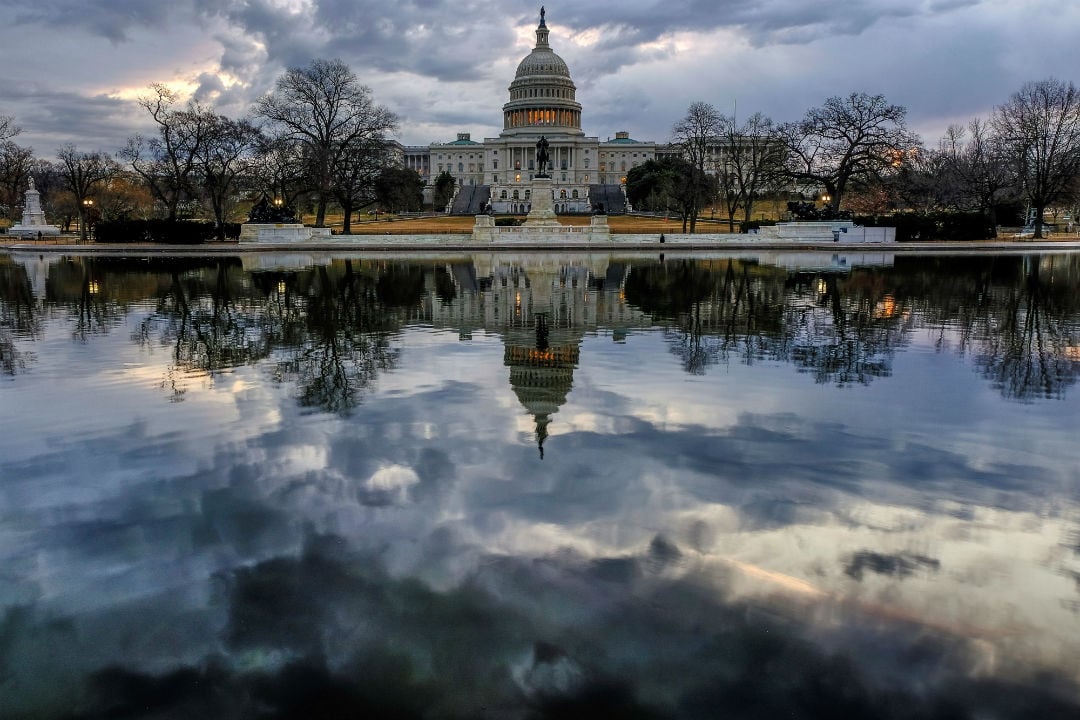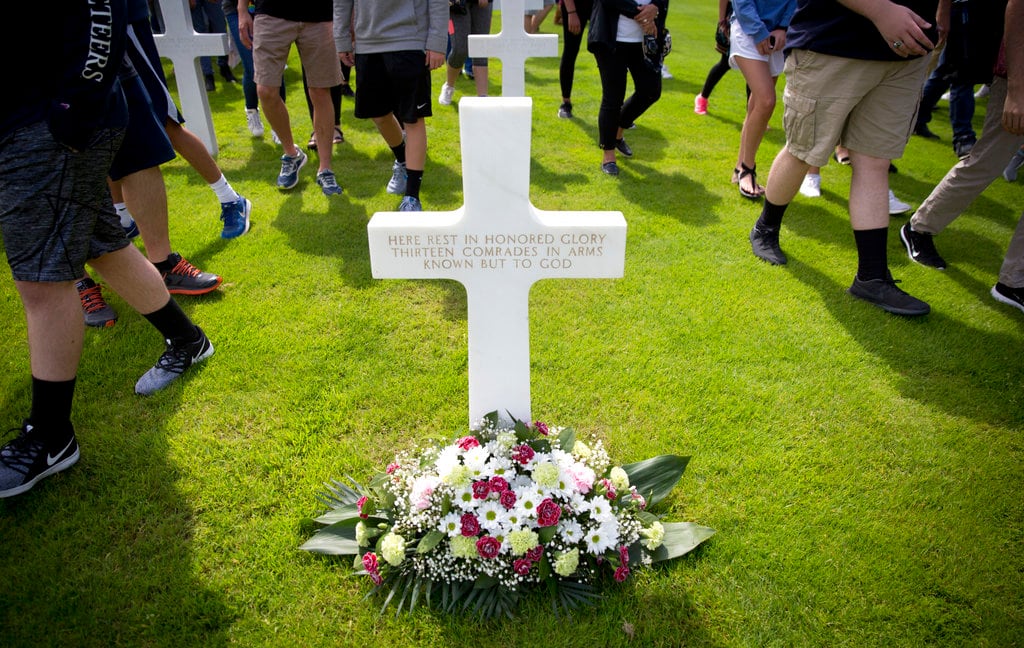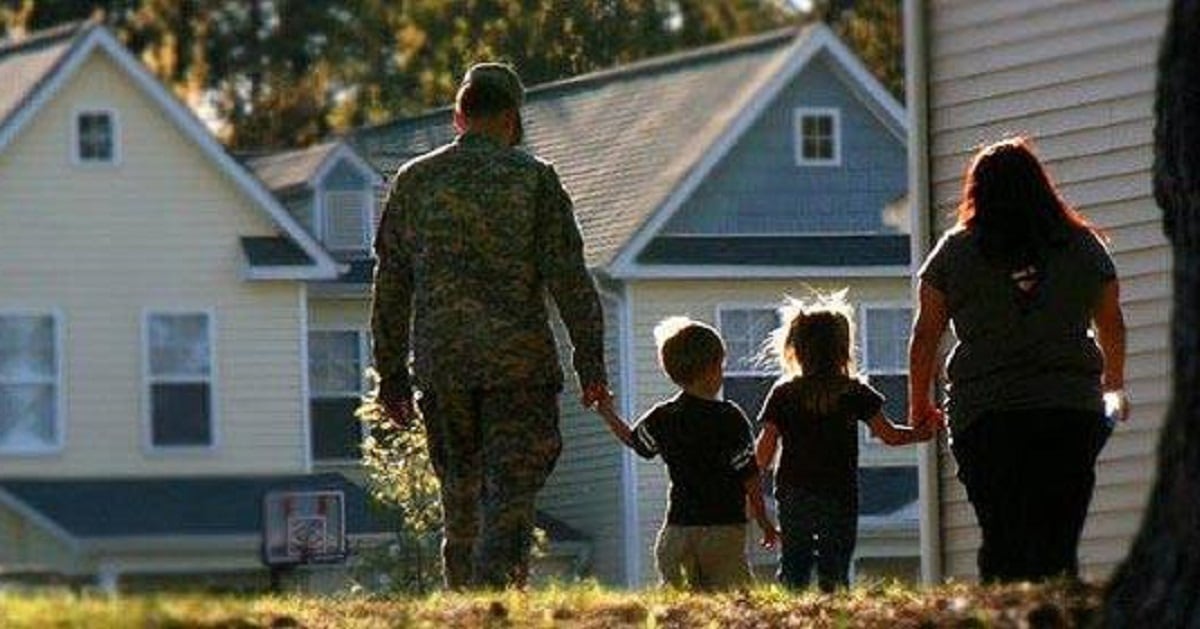The National Guard and Reserve continue to deal with the effects of the three-day shutdown that halted non-essential government programs over the weekend.
As Congress worked to finalize a new budget extension, the shutdown, which kicked in after midnight Friday, forced the Army and Air National Guard and Air Force Reserve Command to cancel scheduled training and enforce furloughs.
Drill was canceled for about 90,000 Army National Guard soldiers over the weekend because there wasn’t money left in the system to pay the soldiers, a spokesman for the National Guard Bureau told Military Times.
“Once money is there, states will be able to move forward with their plans to make up the drill that was missed,” Sgt. 1st Class Michael Houk said. “As Guardsmen must attend 24 days of drill annually, missed training will be rescheduled at the state level once everyone comes back to work.”
Houk added that it’s up to individual states to decide when the missed training days will be rescheduled. The training that was canceled was not in support of overseas deployments.
Some of the canceled training included a combat exercise at Fort Bragg, North Carolina, with units from North Carolina, South Carolina and West Virginia, according to the National Guard Association of the United States.
The Fayetteville Observer reported that 2,600 local soldiers and hundreds of military vehicles were involved. The exercise, which began on Friday, was cut short and troops were sent home, according to the newspaper.
This exercise required six months of planning, according to NGAUS, and even though training can be rescheduled, it “requires some complex choreography.”
“Training sites must be scheduled months in advance,” according to an NGAUS statement. “Commanders have other plans for the months ahead. So do our families. And unlike in the active component, the needs of civilian employers must be considered.”
RELATED

The Air National Guard was forced to cancel training for 11 out of 18 wings that were scheduled to drill over the weekend, according to an Air National Guard spokesman.
This impacted about 12,000 airmen in the Guard.
Rescheduling these missed training days will be up to the individual wing commanders, Lt. Col. Randy Saldivar told Military Times.
Since the shutdown ended after three days — much shorter than the last shutdown in 2013 that went for 16 days — Saldivar said the Air Guard should be all right going forward.
“A long break would have a tendency to affect readiness for the future,” he said. “But we’re always mindful of how we can still get things done.”
Airmen in the Guard are “pretty good about being able to make up time and get the emphasis on readiness any time they possibly can,” Saldivar said.
RELATED

On the Reserve side, all 70,000 of the Air Force Reserve’s airmen were affected in some way.
Air Force Reserve Command hosted drill during the shutdown, but only where the mission was tied directly to activities in the government shutdown guidance, according to a command spokesman.
Col. Bruce Bender told Military Times that most of the Reserve’s Air Reserve Technicians — who serve as Title 5 civil service employees — were furloughed during the shutdown.
“They make sure deployment training, planning and scheduling remains on track,” Bender said. “Without their leadership, the training, planning and scheduling is severely degraded, which in turn impacts our ability to support combatant command requirements.”
The Air Reserve Technicians will begin rescheduling training days now that the shutdown is over and they’ve returned to duty, he said.
Bender said Reserve airmen bring much-needed flexibility and civilian work knowledge to the force, and they volunteer for training based on their availability and prior commitments to their employers, schools and families.
“The continuing resolution and government shutdown hinders the ability to predict Reserve citizen airmen participation,” he said. “When reservists cannot plan their participation in advance, it strains civilian-employer relations.”
Capt. Chad Nixon, an Army Reserve Command spokesman, told Military Times they were not authorized to respond to questions about the shutdown’s effect on the Army Reserve. He referred questions to the Defense Department.
The government reopened on Tuesday, but now lawmakers have three weeks to sort lingering disagreements over immigration and federal fiscal policies, which prompted the shutdown in the first place.
The new budget deal was approved Monday night and includes a provision to provide back pay for service members and federal workers.
Charlsy is a Reporter and Engagement Manager for Military Times. Email her at cpanzino@militarytimes.com.





